
Carly Fiorina is no stranger to the corporate world. In fact she was a trailblazer for women, becoming the first female CEO of a Fortune 20 company in 1999 when she took the helm of Hewlett-Packard.
But she’s also a fierce critic of the same world that made her millions—she reported last week that her net worth approaches $59 million—arguing that big business is an enabler of the dreaded big government.
“One of the greatest fictions ever peddled by politicians is that big government is necessary to fight big business,” Fiorina writes in her book, Rising to the Challenge: My Leadership Journey, published last month the day after she announced her presidential campaign. “In fact, the opposite is true. Big business and big government are mutually reinforcing. They need each other, and they know it.”
“Big business pays big money for lobbyists to influence big government,” she continued, adding that small businesses are the ones left on the hook.
In an extensive interview with TIME in Ames, Iowa, last weekend, Fiorina acknowledged her time spent at the center of the unholy alliance.
“A CEO’s job is to protect and grow their franchise,” Fiorina says of her efforts lobbying on behalf of policies that benefited her company. “You know, a company’s job is to—within the law—minimize its tax rate, absolutely. If you don’t do that, shareholders and customers get upset with you.”
But Fiorina maintains that she, unlike other CEOs of her era, argued against extensive government regulation of all sorts, rather than cherry picking rules that benefited H-P.
“Whether they took my advice or not, the advice that I would give government was basically, don’t regulate to the ceiling,” she says. “Establish a floor and let companies then stand on that level platform, level playing field and compete on that level playing field. I think what crony capitalism does, what big business and big government do when they reinforce each other, is they build up to the ceiling.”
Fiorina argues that because she was a part of the problem, she’s best positioned to fix it.
“I had a job to do and I did it well,” she says. “But having done that job, I see it so clearly. I understand that system far better than anyone who just talks about it. I understand how self-reinforcing these things really are. And there’s no way that a little business can compete in this environment anymore. There’s just no way. So they’re not. We’re destroying more businesses than we’re creating and we’re crushing the small and powerless.”
Under Fiorina’s tenure, H-P spent more than $6.5 million on lobbyists, according to data from the Center for Responsive Politics. The company also laid off about 30,000 workers as part of a merger with PC-maker Compaq.
Here is an edited transcript of the interview.
Why are you running?
I think we need a different kind of leadership. I think we need someone who actually understands the economy, who understands the world, who’s in it, who understands bureaucracies, who understands technology, and who understands executive leadership.
In your 2010 campaign you suffered a series of professional and personal setbacks and tragedies. You got fired as CEO of Hewlett-Packard—
I don’t consider that a professional setback. I consider that I got fired in a boardroom brawl, but I’m very proud of my time there.
But you lost your daughter and were diagnosed with cancer, and yet you decided to continue to run for Senate. What kept you going?
Family kept me going. Faith kept me going. But, the issues were important … the people were important, and I think life is about moving forward, always. In a way those very difficult experiences, they reminded me that we don’t have a lot of time on this Earth and all we control is our choices. One choice we control more than any other is how to spend our time and how to use our gifts.
Did they provide motivation?
It’s interesting because the way you’re asking the question, which is the way most people have asked the question, implies that campaigning is hard. And it is in many ways, but compared to what I’ve been through, it wasn’t hard. It was a joy in many ways.
You write about your daughter’s addiction to prescription drugs. That’s a nationwide epidemic now. How does that factor into your thinking as a candidate? You’ve seen firsthand the damage it could do.
We have created in government a whole set of rules and regulations that perhaps were well-intentioned at the outset but end up being very destructive… HIPAA rules started out well-meaning, they were to protect people’s privacy, they were to protect people from being stigmatized. But they’ve turned into a situation where it makes it so difficult for people to help someone. They cut an individual off from all of their sources of support.
What’s the role of government in helping people in situations like that?
There are successful programs out there. Criminal justice reform is a place where we have so many people incarcerated over substance abuse or additions of various times. We have the highest incarceration rates in the world. Over 2/3 of the people in jail are there for nonviolent offenses, most of them drug related. So there are states that have taken on very successful programs to get those people into a circumstance where they can be treated, where they can be supported so that they can move on with their lives and that’s a wonderful thing. Most of those are state-based programs, but the federal government could be doing things to encourage that, including moving down the path on criminal justice reform, a place where many liberals and conservatives come together.
You said you have to share some of yourself when running. You have been a private person. Has this changed you at all?
That’s an interesting question. I think it has. I’ve always been someone who believes a lot in people, in their generosity, in their capacity, in their compassion. And it’s reinforced all of that.
You knock Hillary for saying traveling is an accomplishment. What are your accomplishments?
Well, I certainly talk about my record at Hewlett-Packard. The numbers are undeniable. The transformation is undeniable, so I talk about that. I’m gratified and proud of the charitable work that I’ve done. I’ve been privileged to advise government in a lot of different ways. I’ve lived the American dream. I have. And I want people to know that that’s still possible, but it’s harder now.
You write about the problems when big business and big government get together. Weren’t you part of that system?
Yeah. A CEO’s job is to protect and grow their franchise. On the other hand, it’s also true that the several times that I testified as a CEO, I was always on a different page from my fellow CEOs. Whether they took my advice or not, the advice that I would give government was basically, don’t regulate to the ceiling. Establish a floor and let companies then stand on that level platform, level playing field and compete on that level playing field. I think what crony capitalism does, what big business and big government do when they reinforce each other, is they build up to the ceiling. But, you know, a company’s job is to—within the law—minimize its tax rate, absolutely. Absolutely. If you don’t do that, shareholders and customers get upset with you.
So, in the business sphere you would do one thing, and in the public sector you would do another?
I would say it differently. I had a job to do and I did it well. But having done that job, I see it so clearly. I understand that system far better than anyone who just talks about it. I understand how self-reinforcing these things really are. And there’s no way that a little business can compete in this environment anymore. There’s just no way.
Romney would talk about job creators and the attack on him was that he was the one who sent the jobs overseas. Are you susceptible to the attack that you were part of the problem?
Running a business, particularly when you’re asked to lead a business during a very difficult time—you know, dot-com bust, post-9/11, biggest technology recession in 25 years, you have to make some very tough calls to save the enterprise. It’s also true that many, many of the companies that were our biggest competitors when I came literally no longer exist. So thousands and thousands and thousands of jobs are destroyed when a company can’t grow, much less when it can’t survive. So I’m sure liberals are going to attack the tough choices that I had to make, and I’ll explain those choices. I think most people understand them.
Why didn’t you pay your 2010 Senate campaign staff?
The campaign debt’s been paid. It’s a closed story.
You reported a $59 million net worth. Would you self-fund your campaign?
I think being able to build up the financial support necessary to run a presidential campaign is a big part of demonstrating you have the support to win.
If you can’t get on stage what happens?
I’ll be on the debate stage.
100% confident?
I’ll be on the debate stage.
See the 2016 Candidates Looking Very Presidential



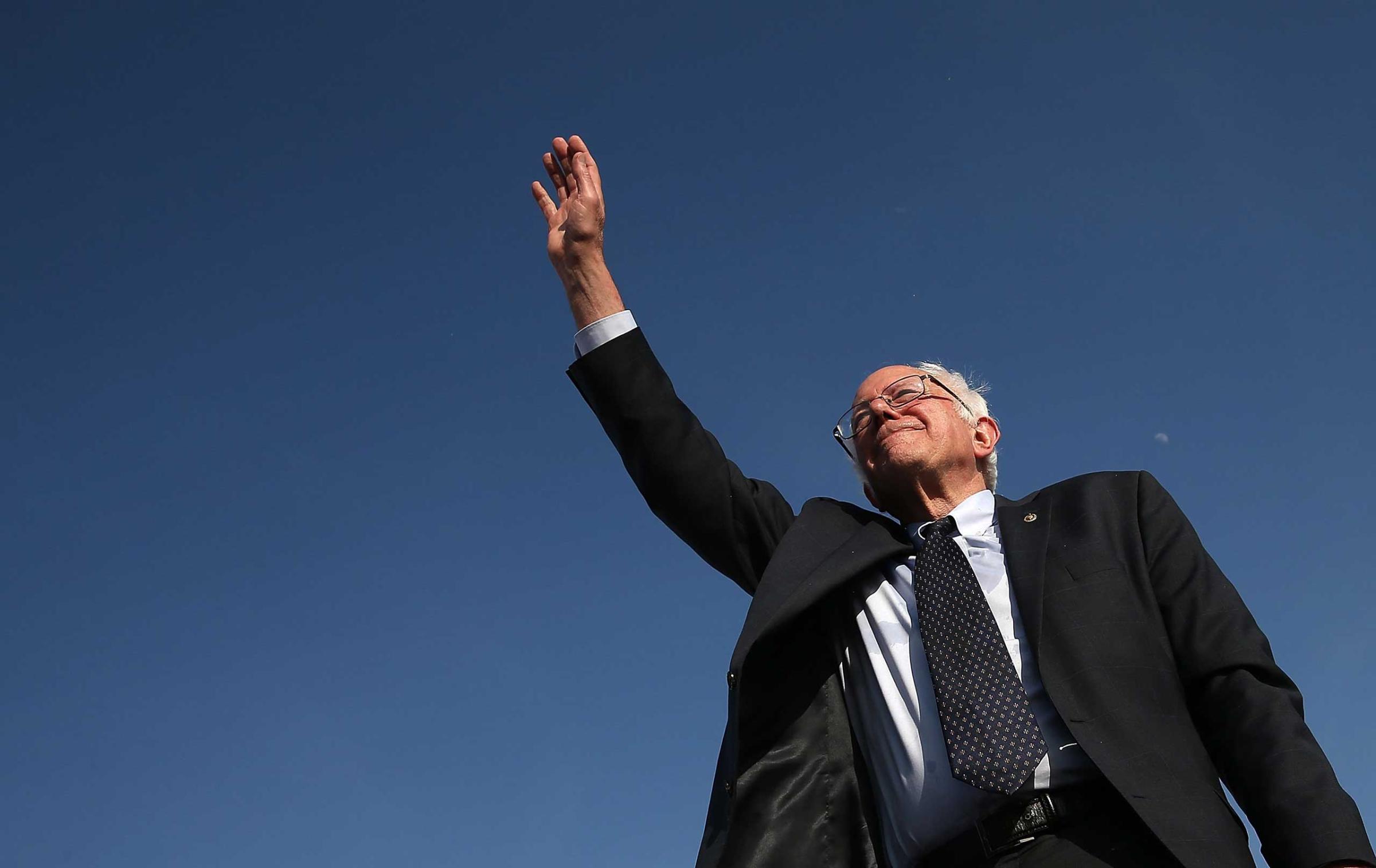
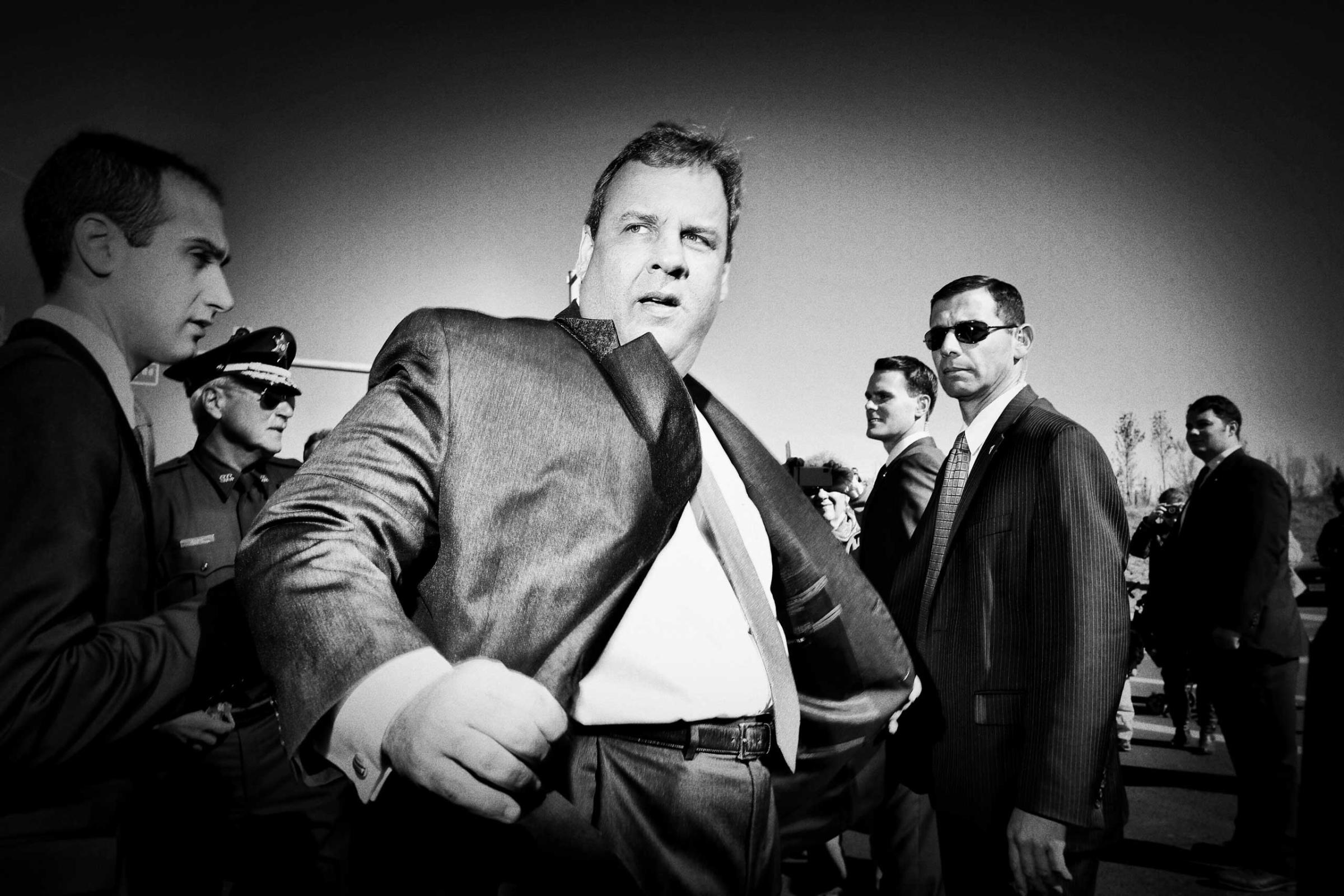
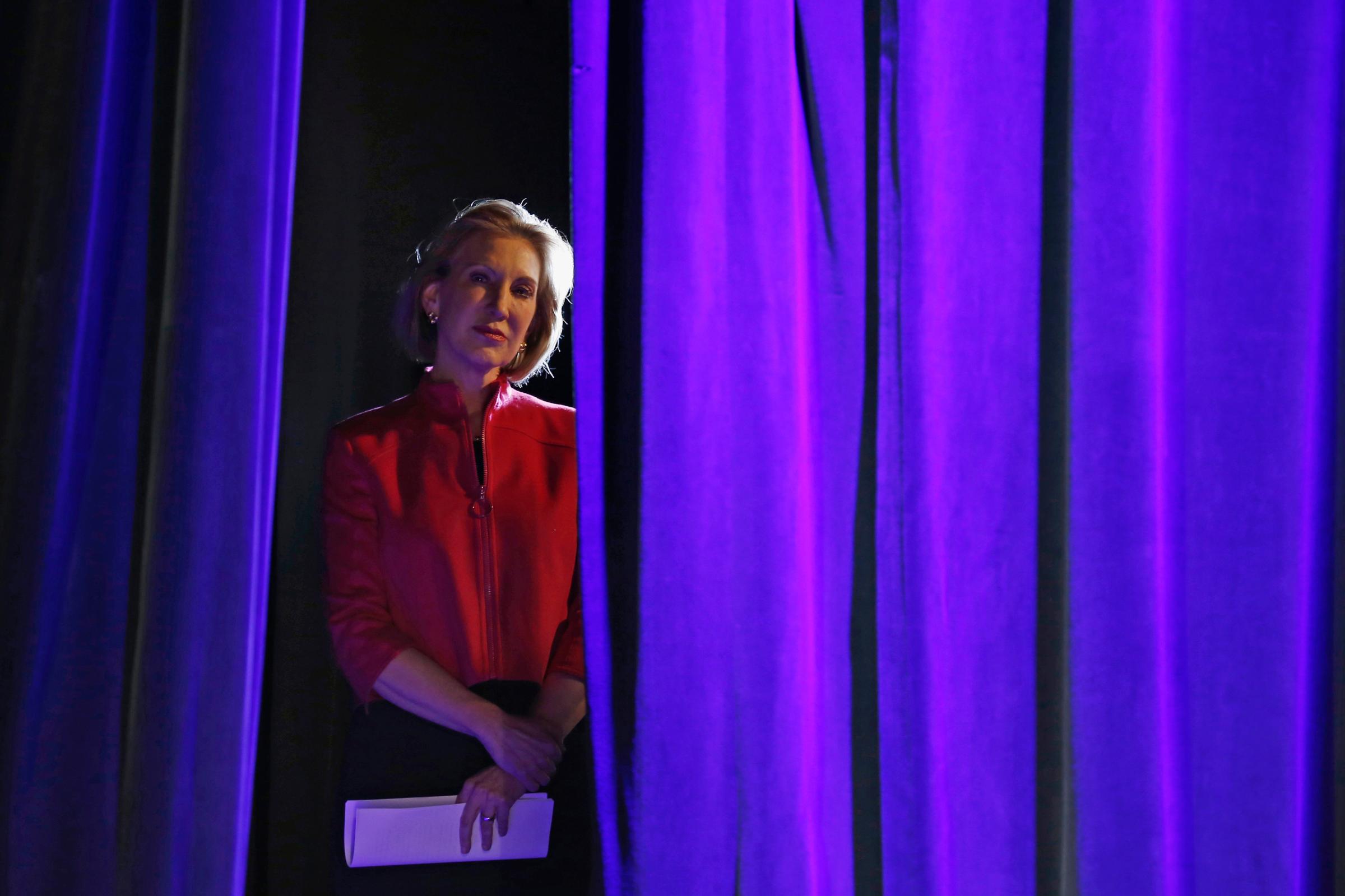
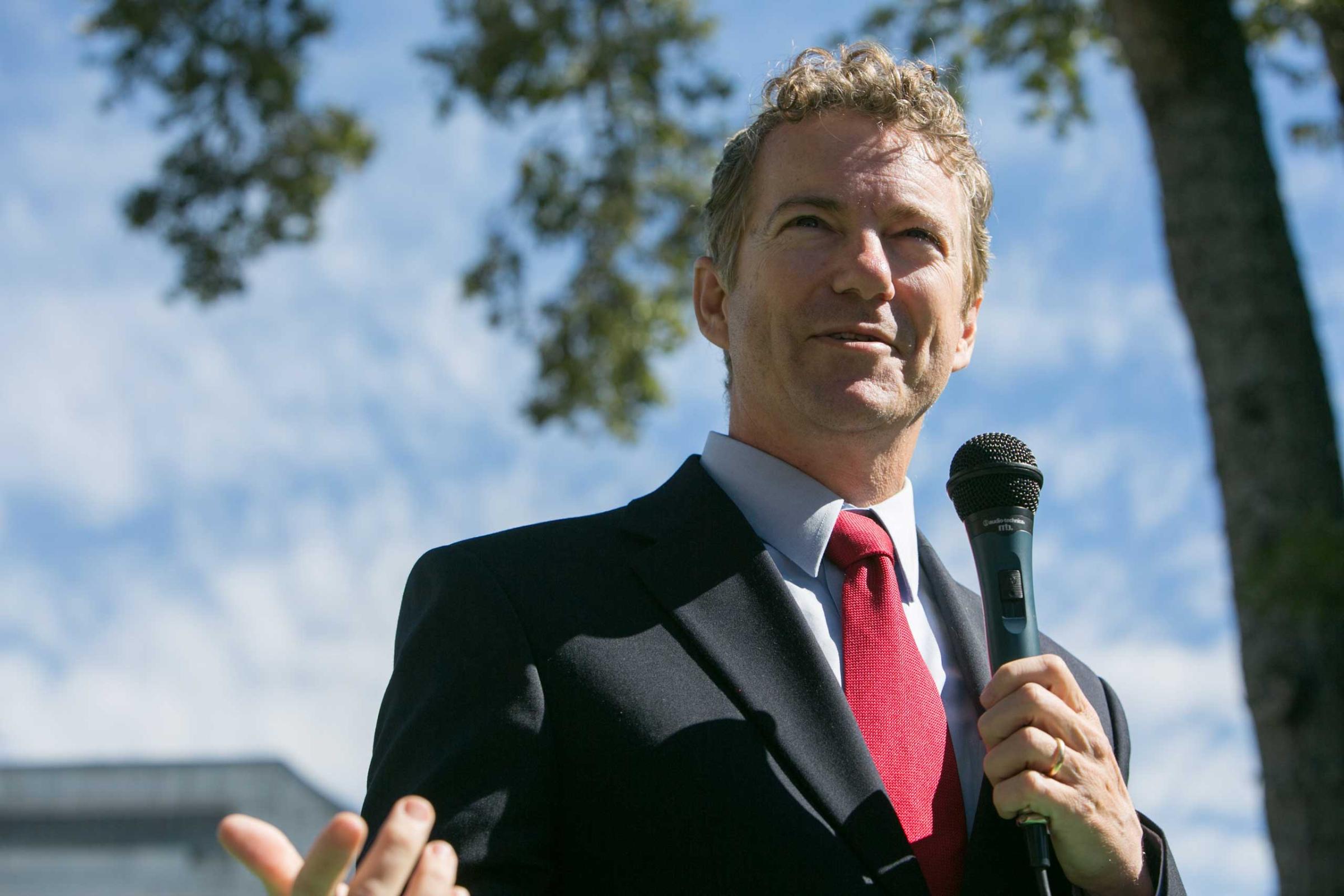
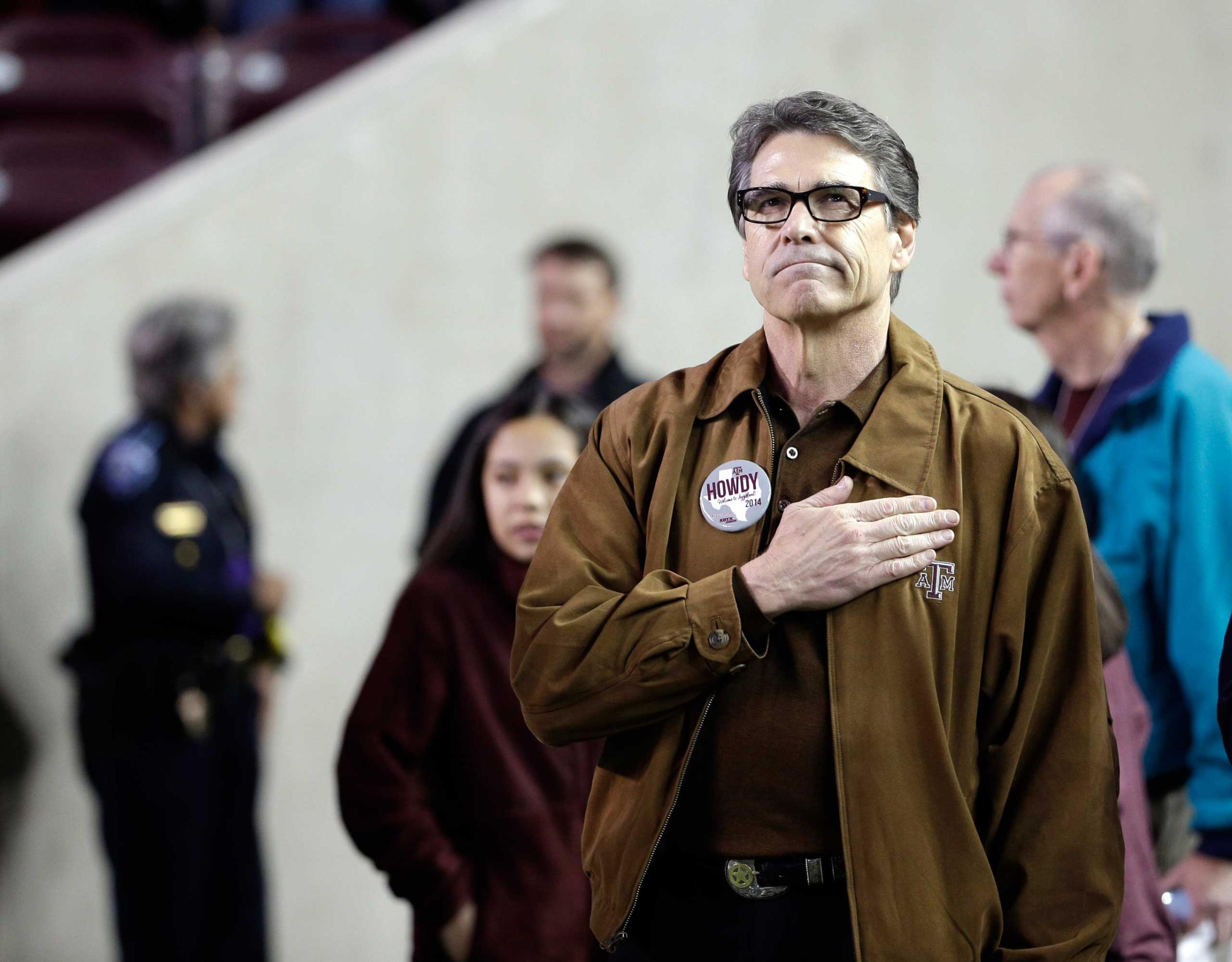
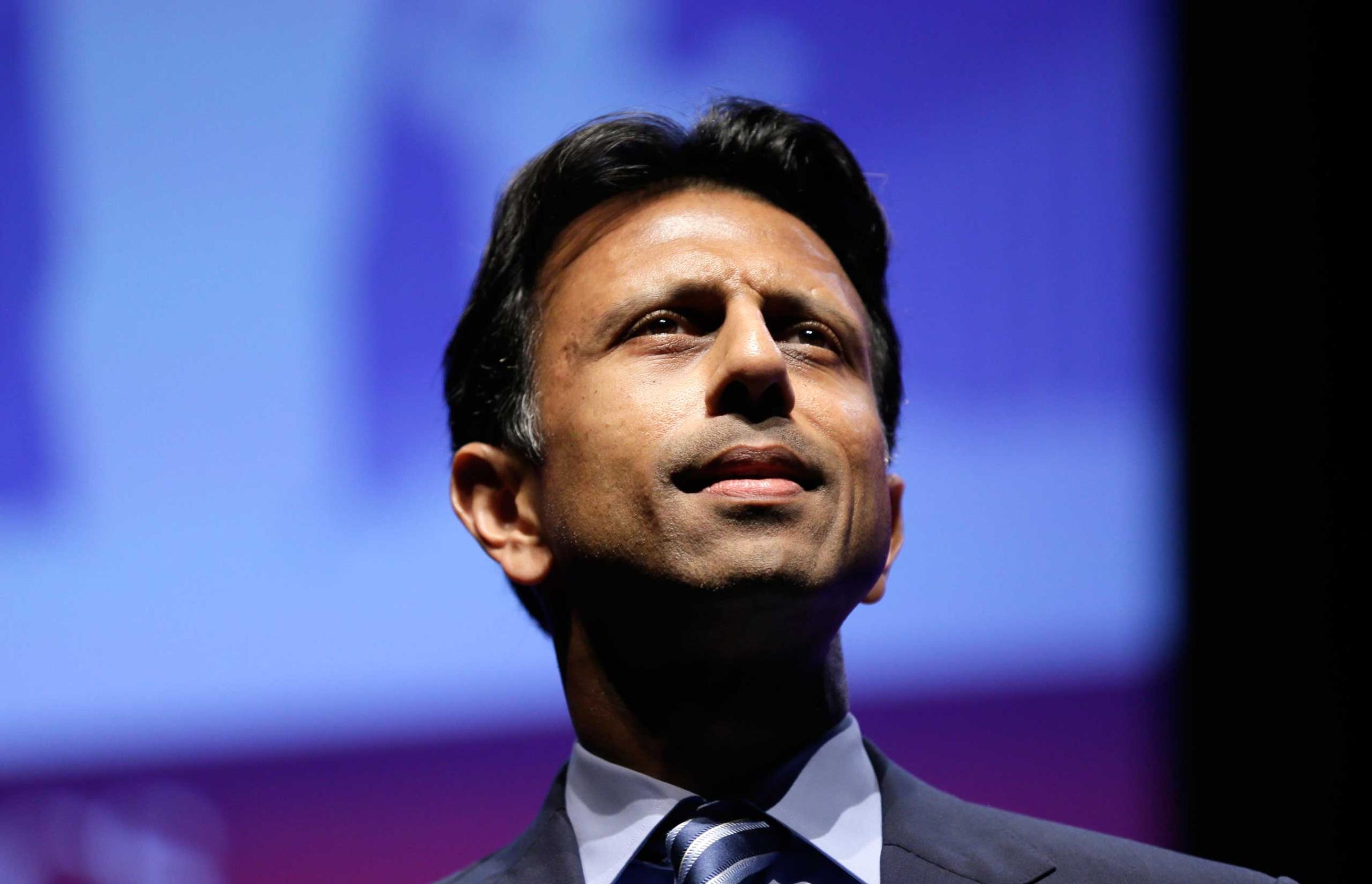
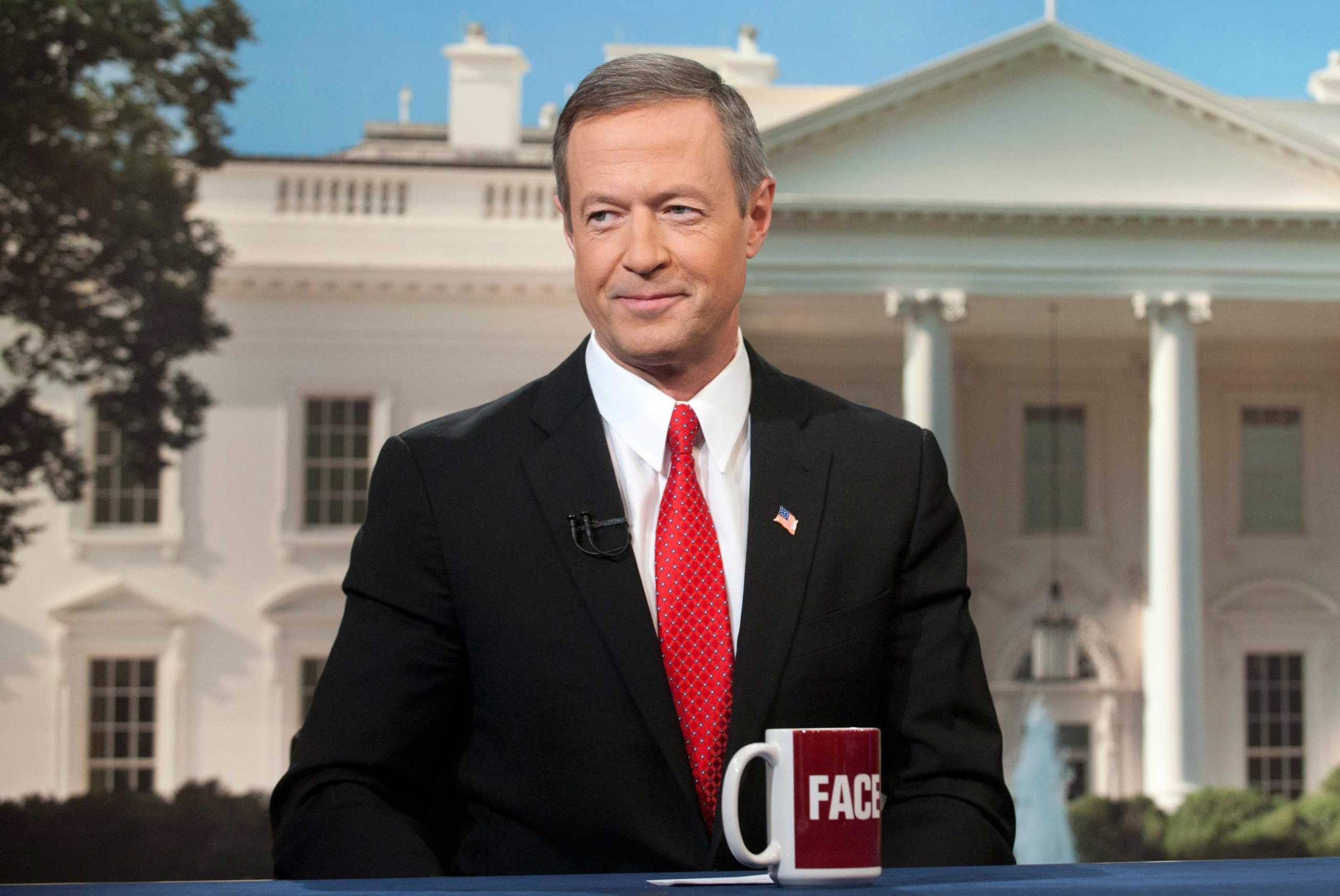
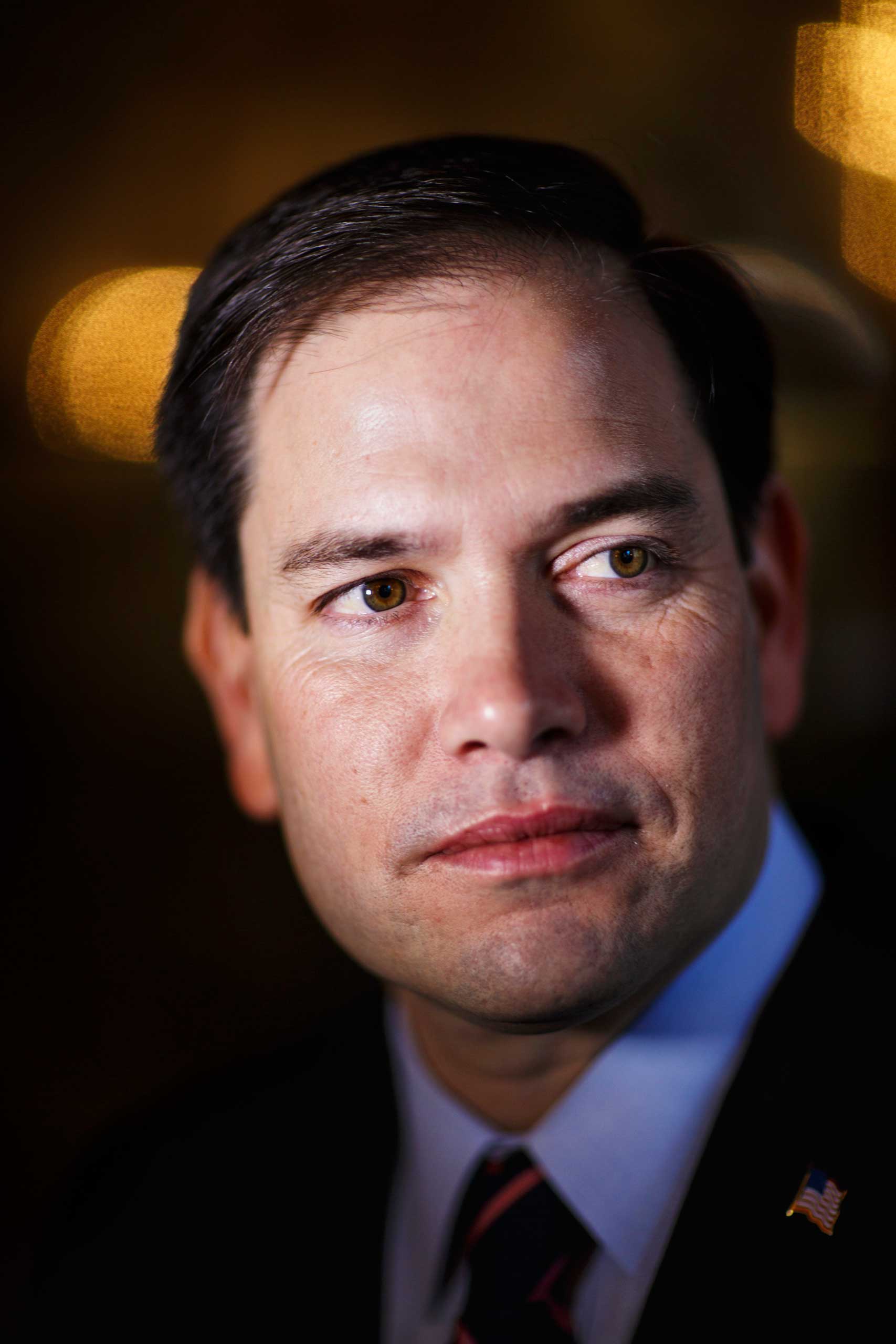
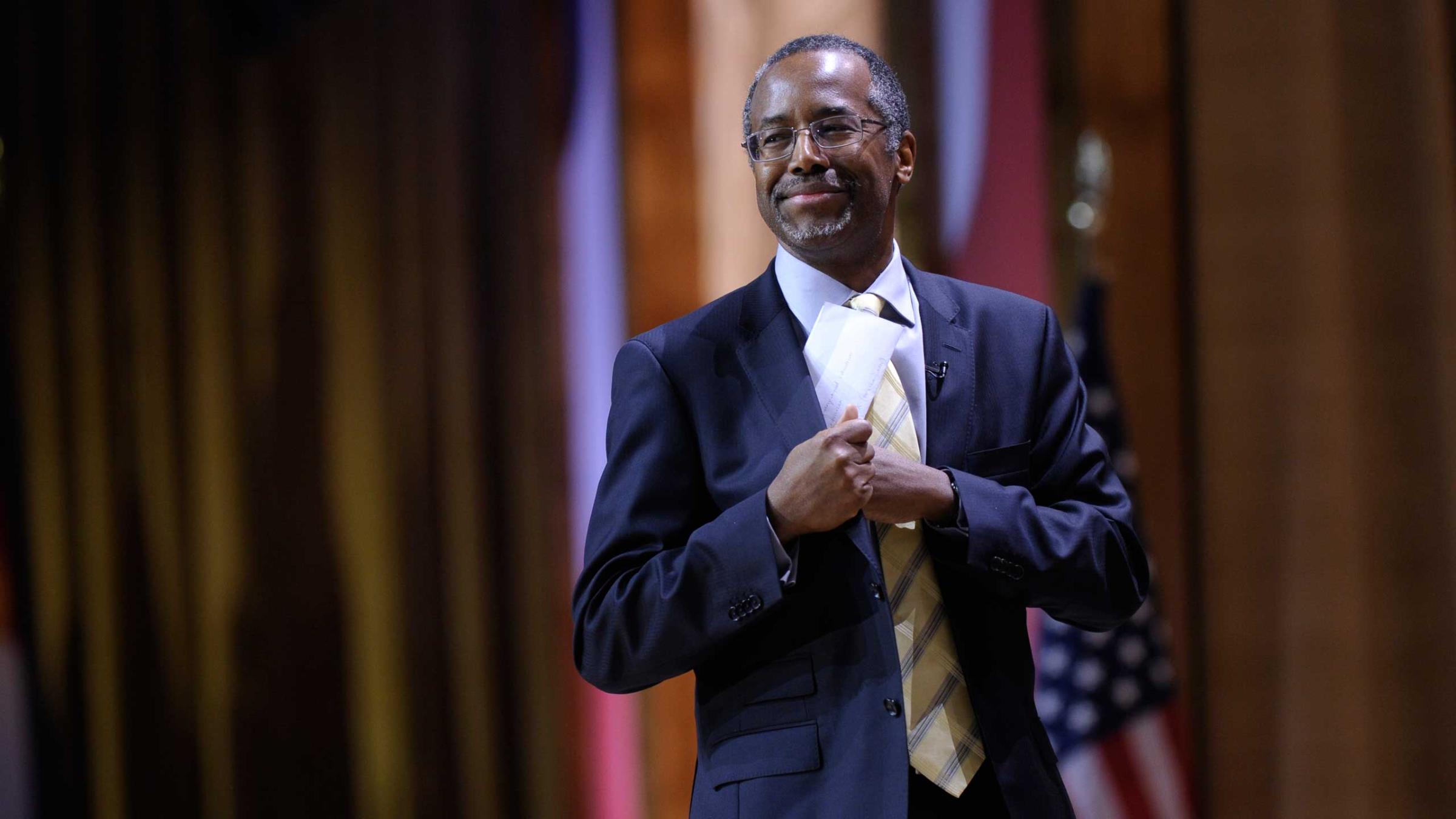
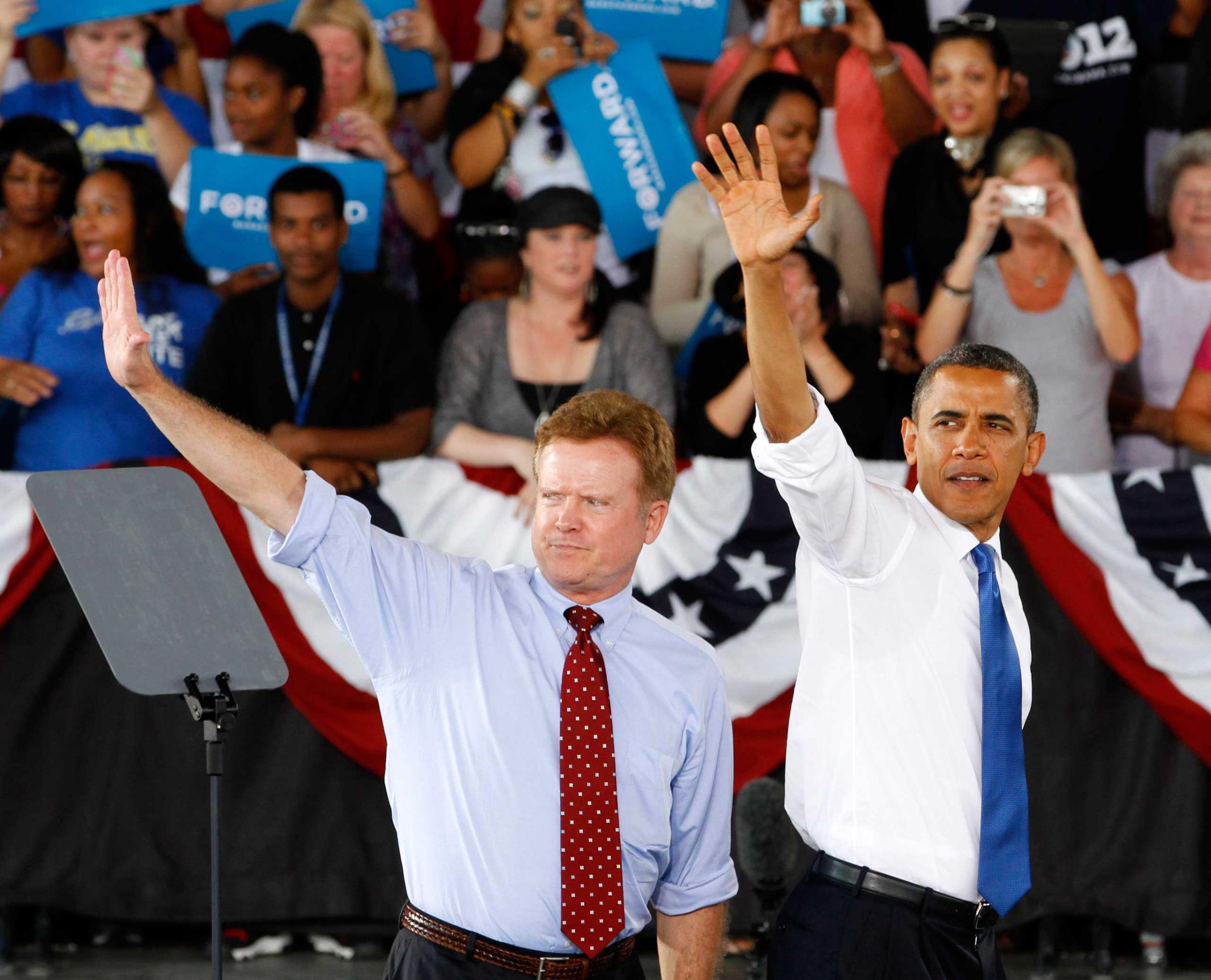
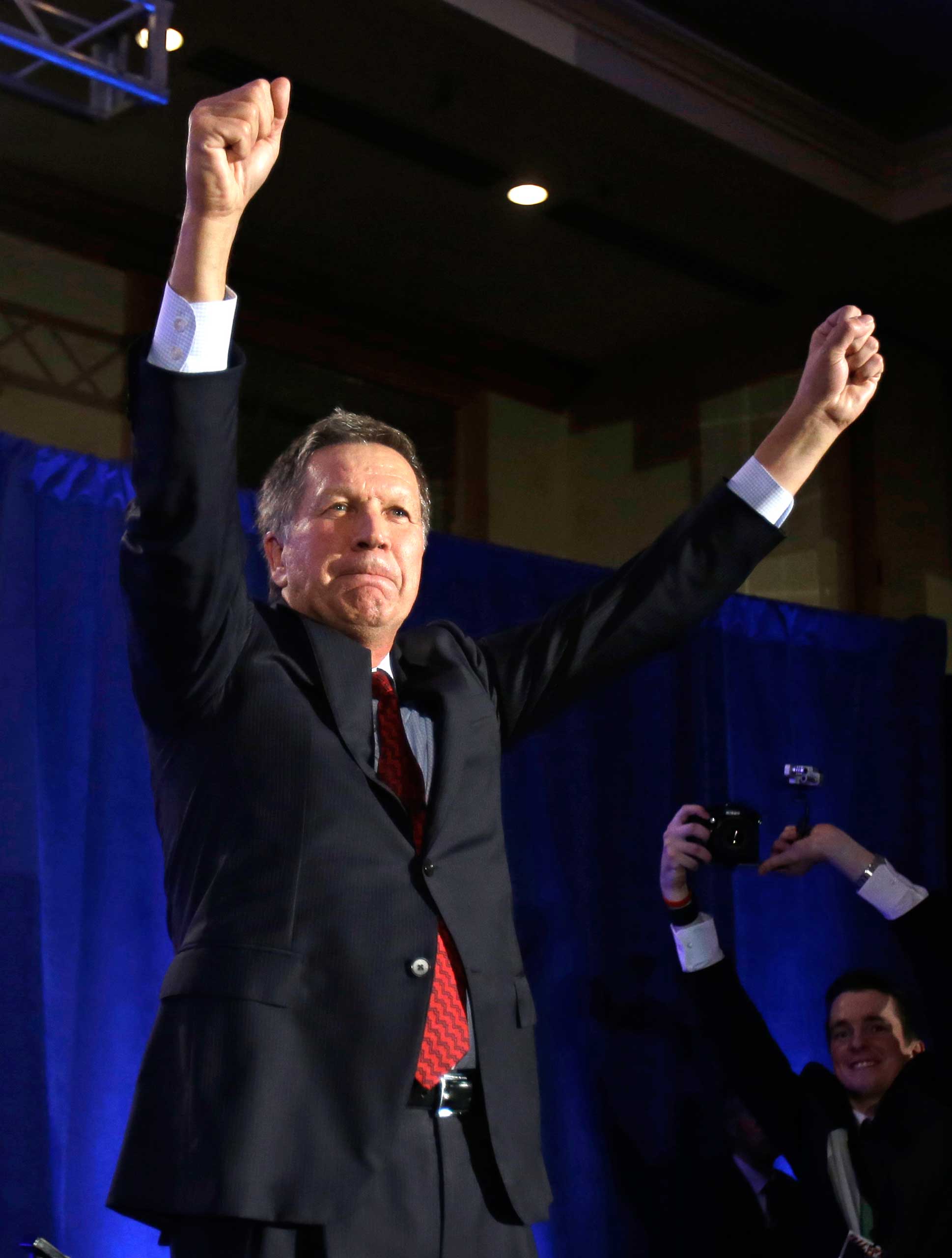
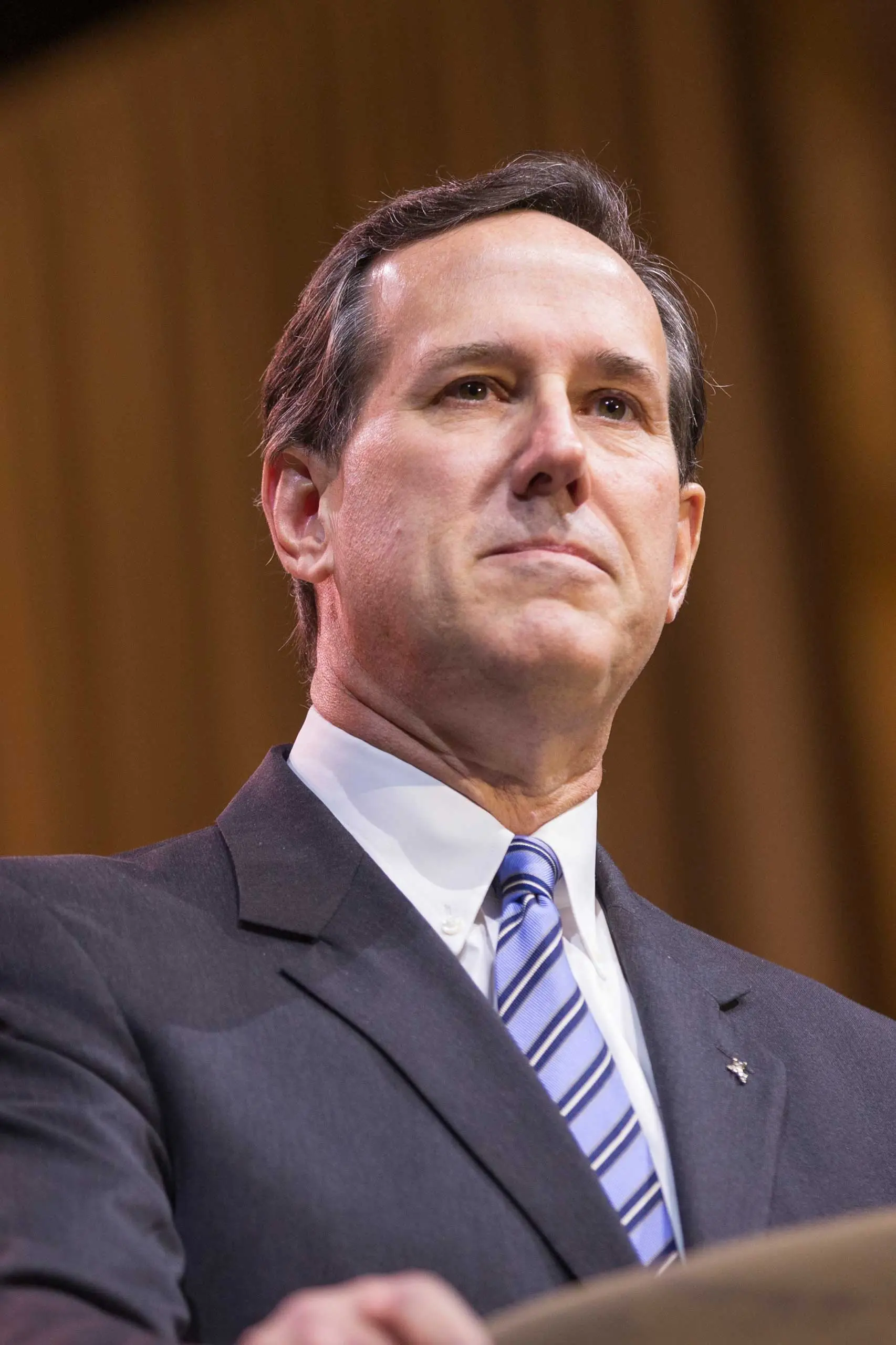
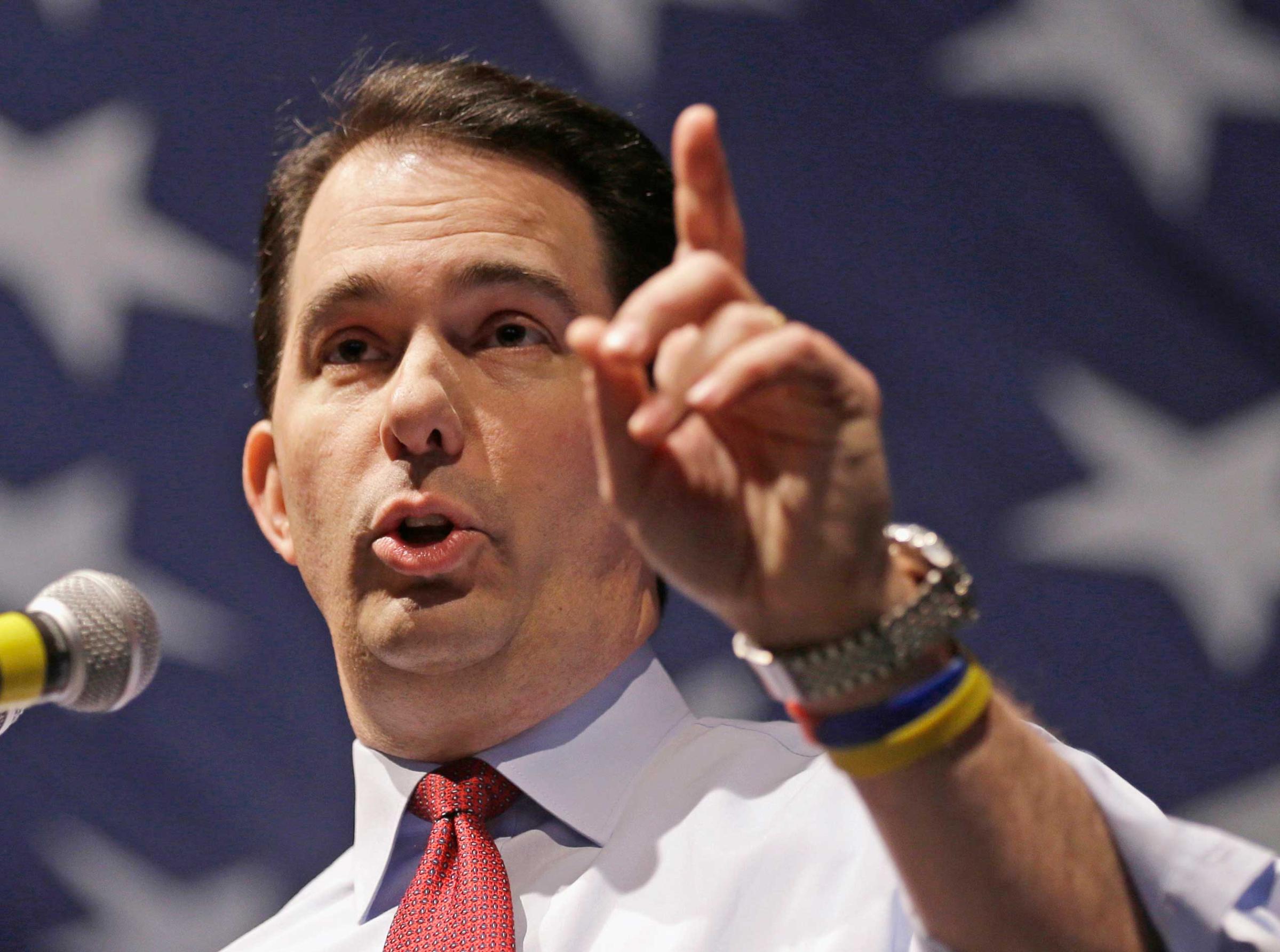

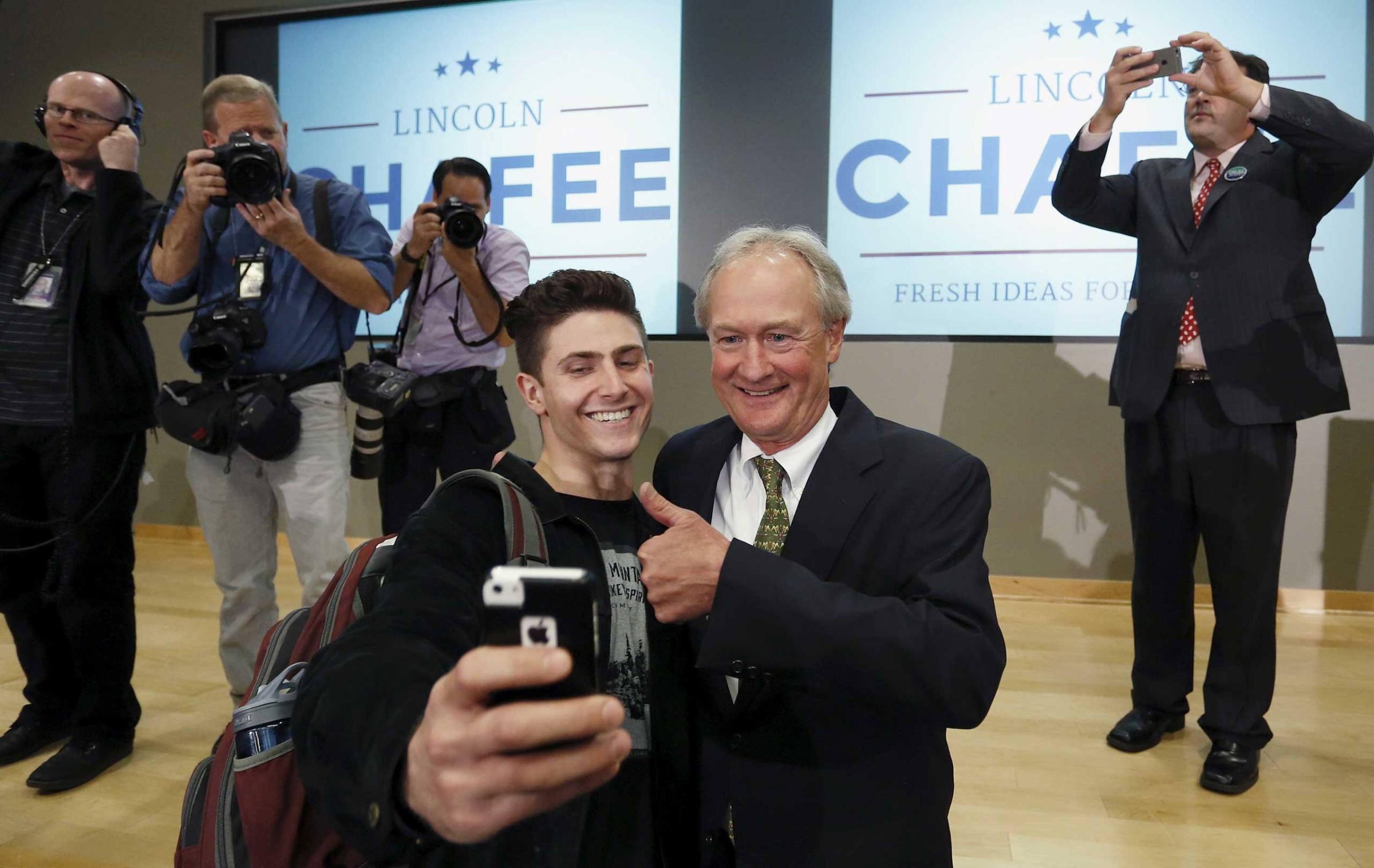
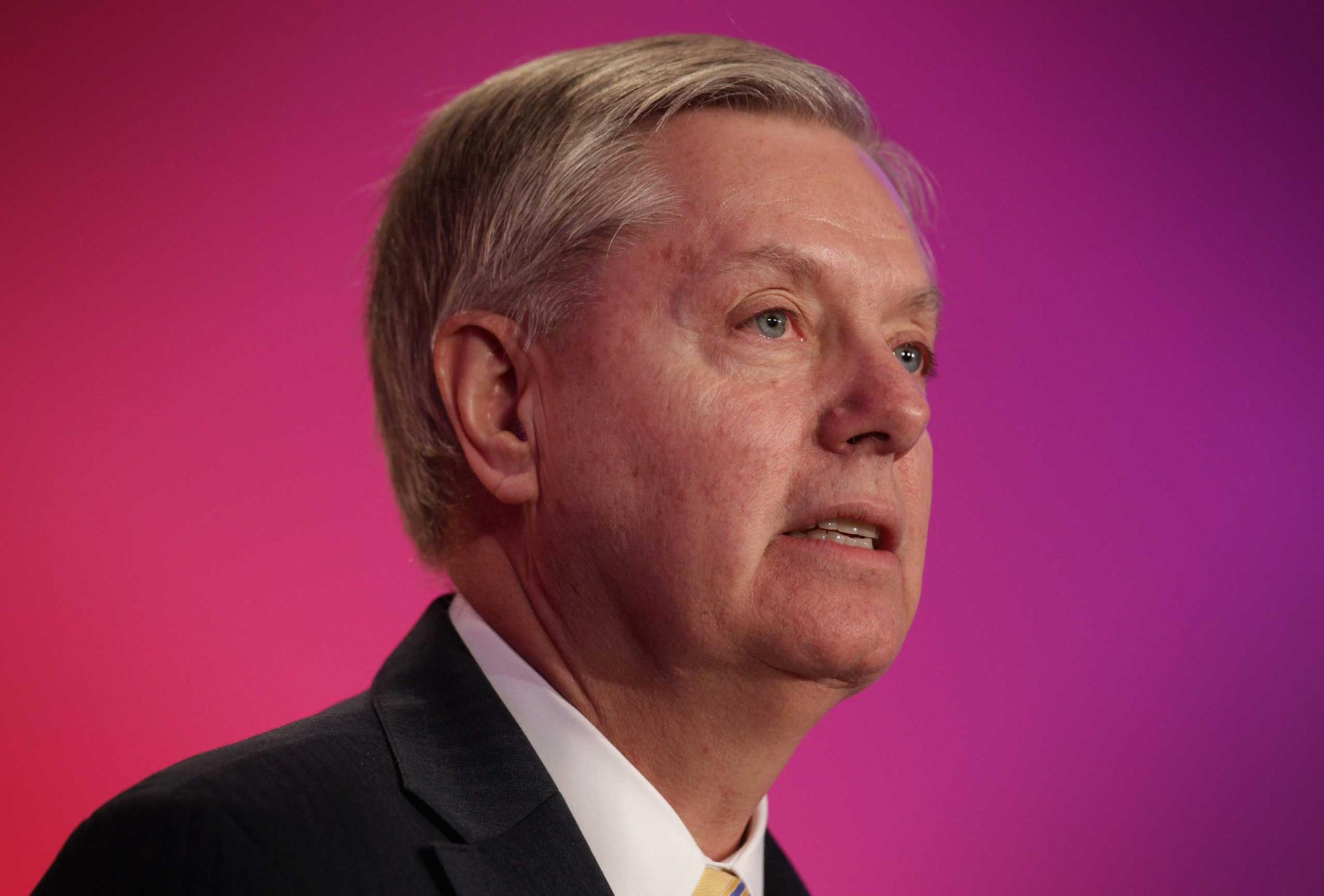
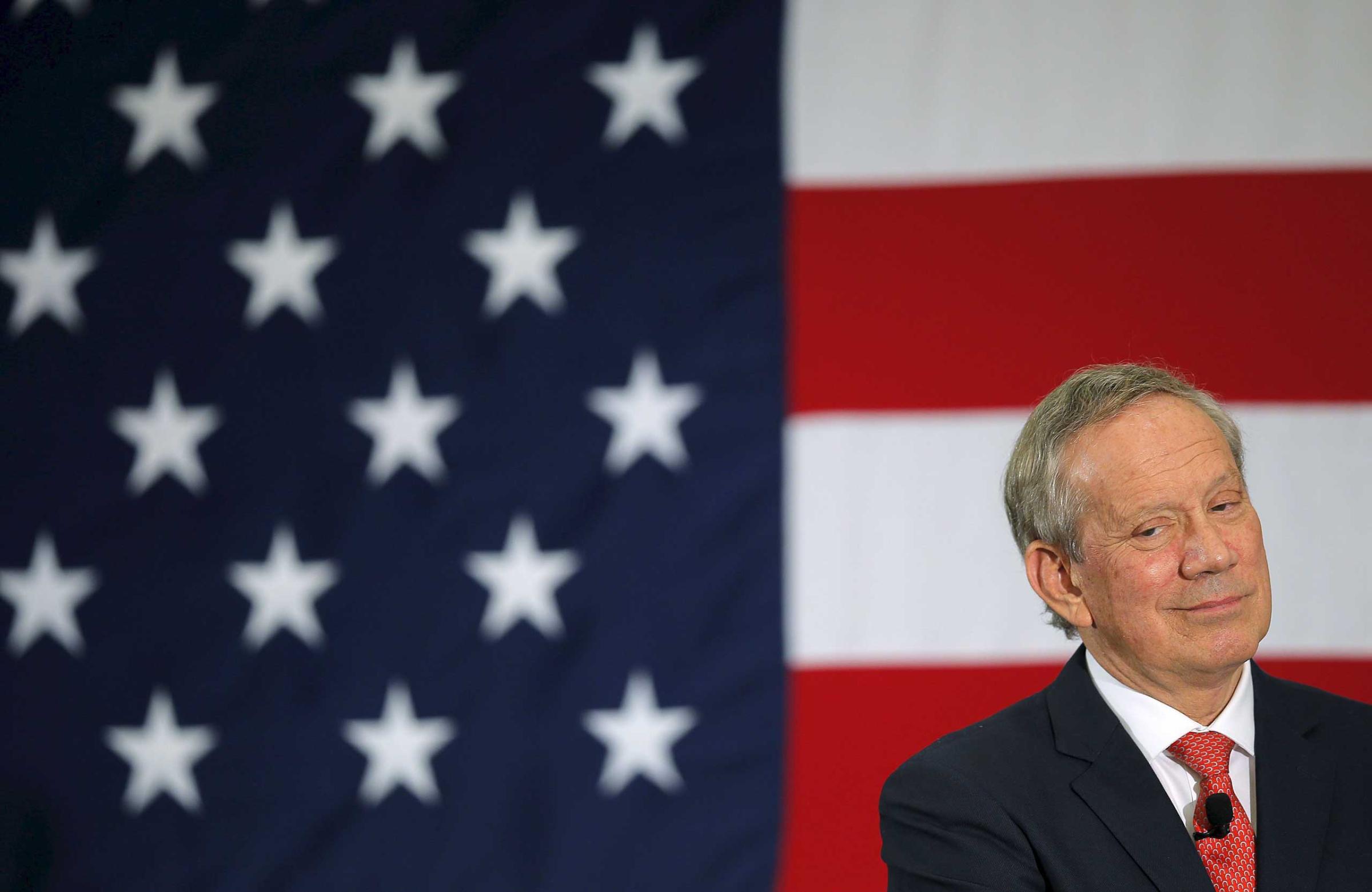
More Must-Reads from TIME
- Donald Trump Is TIME's 2024 Person of the Year
- Why We Chose Trump as Person of the Year
- Is Intermittent Fasting Good or Bad for You?
- The 100 Must-Read Books of 2024
- The 20 Best Christmas TV Episodes
- Column: If Optimism Feels Ridiculous Now, Try Hope
- The Future of Climate Action Is Trade Policy
- Merle Bombardieri Is Helping People Make the Baby Decision
Write to Tessa Berenson Rogers at tessa.Rogers@time.com